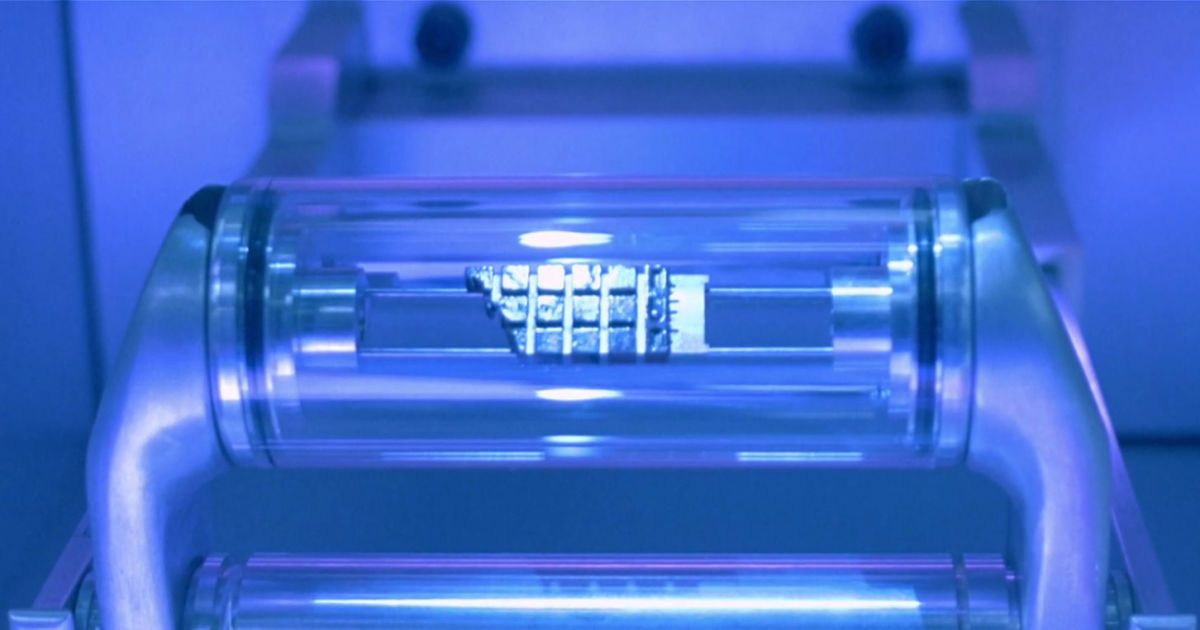Mar 28, 2016
IBM wants to accelerate AI learning with new processor tech
Posted by Shailesh Prasad in categories: robotics/AI, supercomputing
Deep neural networks (DNNs) can be taught nearly anything, including how to beat us at our own games. The problem is that training AI systems ties up big-ticket supercomputers or data centers for days at a time. Scientists from IBM’s T.J. Watson Research Center think they can cut the horsepower and learning times drastically using “resistive processing units,” theoretical chips that combine CPU and non-volatile memory. Those could accelerate data speeds exponentially, resulting in systems that can do tasks like “natural speech recognition and translation between all world languages,” according to the team.
So why does it take so much computing power and time to teach AI? The problem is that modern neural networks like Google’s DeepMind or IBM Watson must perform billions of tasks in in parallel. That requires numerous CPU memory calls, which quickly adds up over billions of cycles. The researchers debated using new storage tech like resistive RAM that can permanently store data with DRAM-like speeds. However, they eventually came up with the idea for a new type of chip called a resistive processing unit (RPU) that puts large amounts of resistive RAM directly onto a CPU.


















